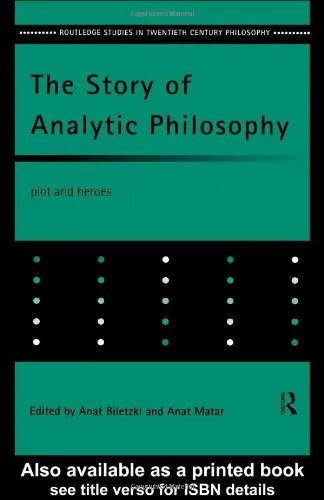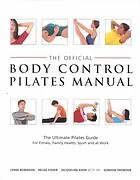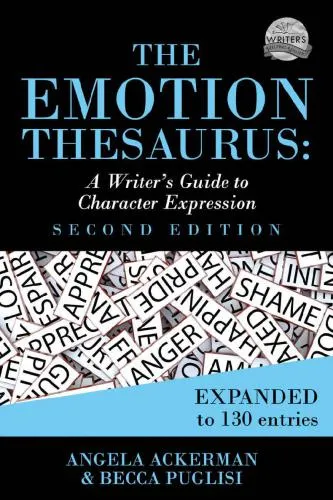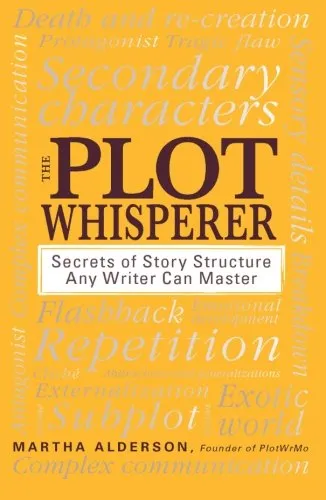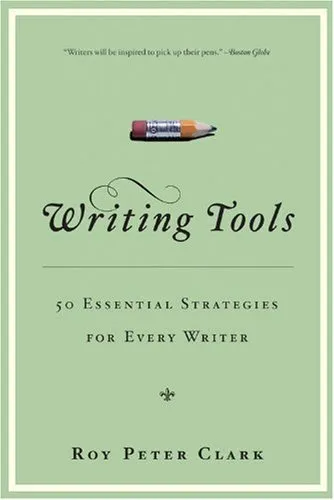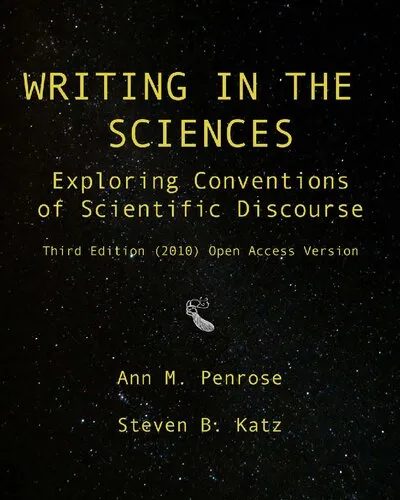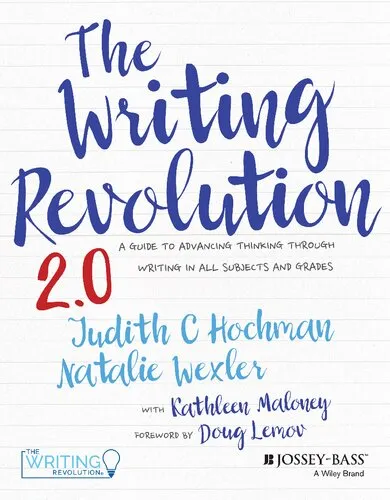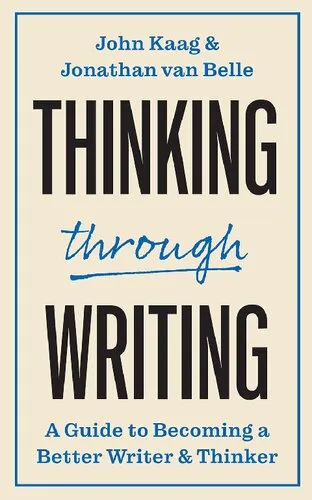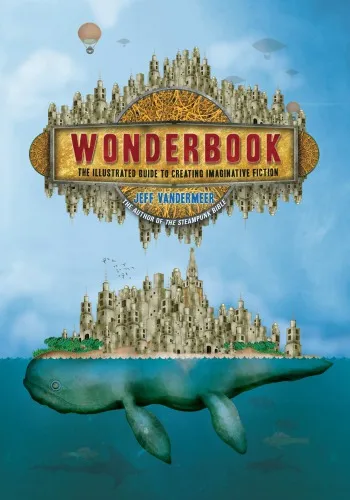Methods and Morals in the Life Sciences: A Guide for Analyzing and Writing Texts
4.3
Reviews from our users

You Can Ask your questions from this book's AI after Login
Each download or ask from book AI costs 2 points. To earn more free points, please visit the Points Guide Page and complete some valuable actions.Related Refrences:
Introduction
Welcome to Methods and Morals in the Life Sciences: A Guide for Analyzing and Writing Texts, a comprehensive guide that delves into the complexities of creating and interpreting scientific literature in the life sciences. Authored by Wim J. van der Steen and Vincent K.Y. Ho, this book offers a unique blend of methodology and ethics tailored for students, researchers, and professionals in the field.
In the realm of life sciences, the synthesis of accurate methodological approaches and strong moral grounding is critical. This book is designed to unravel these complexities by providing a structured approach to scientific writing and ethical considerations. It emphasizes the significance of critical thinking, clarity, and responsibility in scientific discourse.
Detailed Summary of the Book
The book is divided into sections that systematically address the multifaceted tasks involved in crafting and understanding scientific literature. It begins with foundational concepts, stressing the importance of a robust scientific method as the baseline for all research endeavors.
As the introduction transitions into deeper discourse, it explores the intricacies of scientific arguments, illustrating through real-world examples how hypotheses are constructed and tested. The work further investigates the role of statistics and data interpretation, guiding readers in making sense of numerical results while safeguarding against common analytical pitfalls.
Moreover, the book highlights the ethical dimensions of life sciences research. It insists on integrity, not just in writing but in the entire scientific process, prompting readers to contemplate the societal impacts and moral obligations tied to their work.
Key Takeaways
- Integration of Methodology and Ethics: Understanding that effective scientific writing is as much about accurate reporting as it is about ethical responsibility.
- Importance of Clarity: Clear and concise language is crucial for communicating complex scientific ideas effectively.
- Critical Analysis Skills: Enhancing one’s ability to critically analyze different types of data and research findings is fundamental.
- Comprehensive Understanding: Grasping the broader context of scientific work, including societal implications and ethical duties.
Famous Quotes from the Book
"In the pursuit of knowledge, the ends do not always justify the means. The integrity of the journey is as important as the destination."
"Clarity in writing reflects clarity in thought. To present complex ideas simply is an art that every scientist must master."
Why This Book Matters
In an era where the production of scientific literature is at an all-time high, Methods and Morals in the Life Sciences serves as a vital scaffold for budding scientists and seasoned researchers alike. It equips readers with skills to evaluate and produce scientifically sound and ethically responsible work.
Its significance extends beyond its content; it stands as a call to action for a scientific community that is increasingly aware of its impact on society and the environment. By fostering a culture of ethical rigour and precision, this guide contributes not only to individual scientific careers but to the advancement of life sciences as a whole.
Free Direct Download
You Can Download this book after Login
Accessing books through legal platforms and public libraries not only supports the rights of authors and publishers but also contributes to the sustainability of reading culture. Before downloading, please take a moment to consider these options.
Find this book on other platforms:
WorldCat helps you find books in libraries worldwide.
See ratings, reviews, and discussions on Goodreads.
Find and buy rare or used books on AbeBooks.
1372
بازدید4.3
امتیاز0
نظر98%
رضایتReviews:
4.3
Based on 0 users review
Questions & Answers
Ask questions about this book or help others by answering
No questions yet. Be the first to ask!


